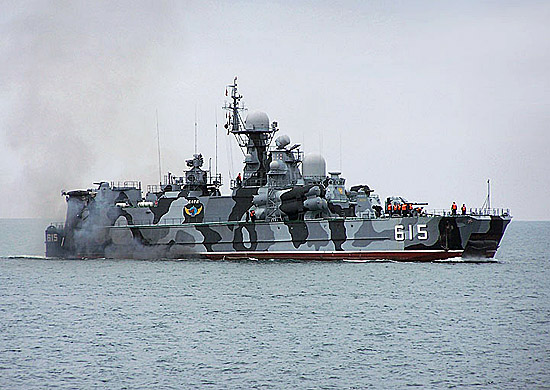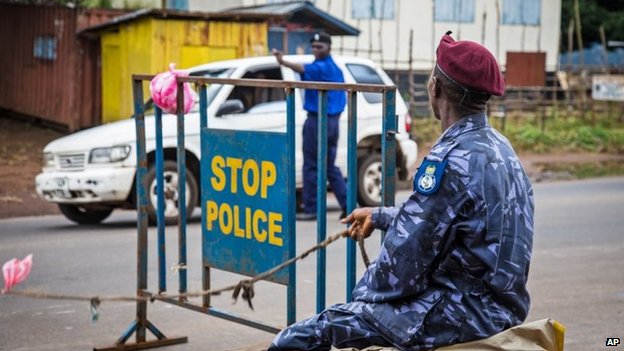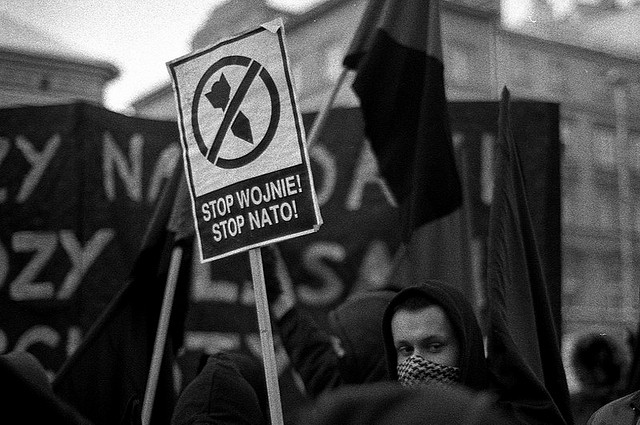In her latest article, Angel Difan Chu discusses the results of the Scottish Referendum and the response of the international community.
5. Authors of the NCC
A list of authors, past and present
Emerging Security Challenges: An Interview with Dr. Jamie Shea
Jenny Yang interviews NATO Deputy Assistant Secretary General Dr. Jamie Shea about how NATO is dealing with cybersecurity.
Where is the West?
Anojan Nicholas looks at how the West is dealing with the genocide that ISIS is inflicting on the Iraqi Christian minority.
Extinction or Extremism: The Future of Rohingya Muslims in Burma
The international community has betrayed the Muslim minority in Burma. Christopher Abbott discusses the challenges they face.
The Defence Industry without Afghanistan
Nigel Trimble sheds light on the impact that the defence industry is facing as the United States and other Western allies are drawing down operations in Afghanistan.
Russia and the Black Sea Balance: Status Quo Ante
With Russia’s acquisition of Crimea, Shahryar Pasandideh analyzes the balance of power in the Black Sea region.
Female Leadership in Security and Defence Sectors: an Interview with Dr. Stéfanie von Hlatky
Hannah Styffe sits down with Dr. Stéfanie von Hlatky to discuss the role of women today within Canadian security and defence industries.
Sierra Leone Enforces Nation Wide ‘Lock Down’
In a drastic measure to control the rampant spread of the Ebola Virus, Sierra Leone’s government devised a plan, to temporarily quarantine its residents in their homes.
Coalition of the Unwilling: Anti-NATOism in European Politics, Part One
Anti-NATOism is widespread in European politics on both the Left and the Right. In part one of a two-part article, Justin Fantauzzo looks at the fusion of domestic and foreign policy in Europe and the emergence of anti-NATOism on the European Left.
All’s Fair in Money and War
Among the death and destruction of war, some groups are able to come out on top. A look at the winners in the offensive against ISIS.









